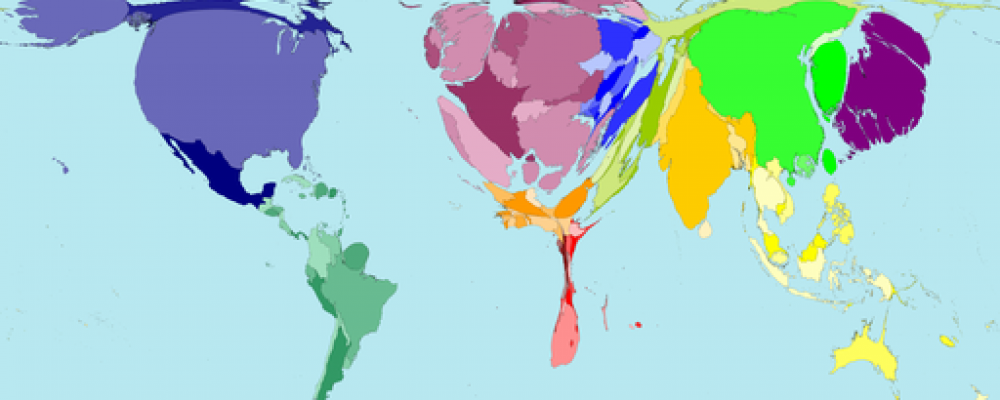NOTE: The Growth Economics Blog has moved sites. Click here to find this post at the new site.
An op-ed in the NYT showed up the other day, by Bren Smith, a farmer who lamented the fact that farmers like him (small, local suppliers) were having trouble making money. This despite the surge in farm-to-table restaurants and the “locavore” movement.
Why? Why haven’t the new crop of small, local, hands-on farmers been able to make money? For the same reasons that farmers throughout history have not been able to make money. Their particular product is homogenous across producers, and almost perfectly substitutable with other products. Farmers have essentially no market power. No market power, no profits. Farming is probably the closest thing we have to the perfectly competitive market of Econ 101 textbooks.
Your hand-grown tomato (or kale, or beef, or whatever) faces both competition from other hand-grown tomatoes, as well as competition from conventionally-grown tomatoes. Even more, there is competition from other foods; even farm-to-table restaurants will change their menus to use lower-cost foods if your tomatoes cost too much. So even if your tomato is the greatest, most loved, best-grown tomato ever, you aren’t going to be able to get a premium for it. And hence it’s going to be hard to make money farming those tomatoes, especially if you are using really inefficient methods that require lots of manual labor.
Understanding the economics of farming takes us back to David Ricardo: farmers don’t make money, landowners make money.
If you read beneath the surface of Mr. Smith’s suggested remedies, he understands this. In his words:
But now it’s time for farmers to shape our own agenda. We need to fight for loan forgiveness for college grads who pursue agriculture; programs to turn farmers from tenants into landowners; guaranteed affordable health care; and shifting subsidies from factory farms to family farms. We need to take the lead in shaping a new food economy by building our own production hubs and distribution systems. And we need to support workers up and down the supply chain who are fighting for better wages so that their families can afford to buy the food we grow.
If you want farmers to have money, then you have to give it them directly (subsidies), give it to them indirectly (loan forgiveness or cheap health care), or give them a money-producing asset (land or a distribution chain). But competition is a bitch, and there is no world (including a higher-wage world) in which the pure act of producing food is going to make money for farmers.

Indeed. In terms of time use aggregates, farming is either a middle class luxury good in a developed nation, or a subsistence good in a developing nation. Of course, should the split between resource use and time use become too extreme, time use in farming can always become a subsistence good in a developed nation.
Another issue is that the cost of the impact of intensive farming on the environment is not embedded in the price paid by intermediaries/consumers. So “low-cost” products do not reflect the actual cost to produce them…
One of the most memorable articles I read in grad school (more than 40 years ago), which I read for an econ history class, presented data supporting the hypothesis that most net farm income in agriculture in the last half of the 19th century as, essentially, a return to land speculation (or, more broadly, land ownership). So I have no difficulty accepting your argument.
These customers who want to buy the cheapest available at reasonable, not haute cuisine quality, are a real bind.